Gifts

Declaring Gifts:
Under section 61(1) of the Integrity Commission Ordinance, every specified person in public life, not being a member or staff member of the Commission, who receives a gift worth more than $1,000, or whose spouse or child receives such a gift shall make a report of that fact to the Commission in Form 3 as set out in Schedule 2 stating the name and address of the donor, the description and approximate value of such gift and whether, in the opinion of the donee, a gift is a person or an official gift.
The provisions of this section shall not apply to any personal gift received by a specified person in public life from a relative or friend except that a specified person in public life who is unsure whether a gift received from a relative or friend is an official gift or a personal gift may apply to the Commission seeking its opinion as to the proper classification of the gift.
For public officers, this includes one or more gifts, from the same source, totaling up to $1000 or more during the declaration period.
Gifts received after the declaration period must be declared within thirty (30) days of receipt.
Under the Code of Conduct, gifts given to Ministers in their Ministerial capacity become the property of the Government and do not need to be declared in the Register of Interests. Ministries will publish at least quarterly, details of gifts received and given by Ministers valued at more than $200. For Ministers, gifts of small value, currently set at $200, maybe retained. Gifts of a higher value should be handed over to the ministry for disposal unless the recipient wishes to purchase the gift abated by $200.
Guide to receiving and giving gifts:
- Made for the right reason: It should be given clearly as an act of appreciation.
- No obligation: The gift does not place the recipient under any obligation; actual or perceived.
- No expectations: No expectations should be created or have higher importance attached to it by the giver than the recipient would place on such a transaction.
- Made openly: It should not be made secretly.
- Accords with stakeholder perception: The transaction should not be viewed unfavorably by stakeholders if it were made known to them.
- Reasonable value: It should be of nominal value and should not place the recipient under an improper obligation. Appropriate: The nature and size of the gift is appropriate to the relationship and accords with general business practice.
- Legality: It is compliant with the relevant local legislation.
- Conforms to the recipient rules: The gift is compliant with the general rules of the Code of Conduct, the Integrity Commission, and the Political Activities Ordinance.
- Infrequent: The giving or receiving of gifts is not a frequent occurrence between the giver and the recipient.
- Reported: Any gift received in the course of public function should be declared as required under the Integrity Commission Ordinance.
- Documented: The expense is fully documented, including purpose and approvals given.
Penalties:
Any specified person in public life –
- who knowingly makes a report to the Commission under section 61(1), or to the Governor under section 62 which is incomplete or false in any material particular;
- without reasonable excuse fails to comply with section 61(1), or to submit a report or application to the Governor as required under section 62(2); or
- without reasonable excuse fails to comply with a direction given by the Commission under section 61(6), or by the Governor under section 62(2),
shall be liable, on summary conviction, to a fine, which shall not be less than the value of the gift involved in the commission of the offense, or to a term of imprisonment of three months or both.
(Amended by Ords 4 of 2012 and 28 of 2012)
